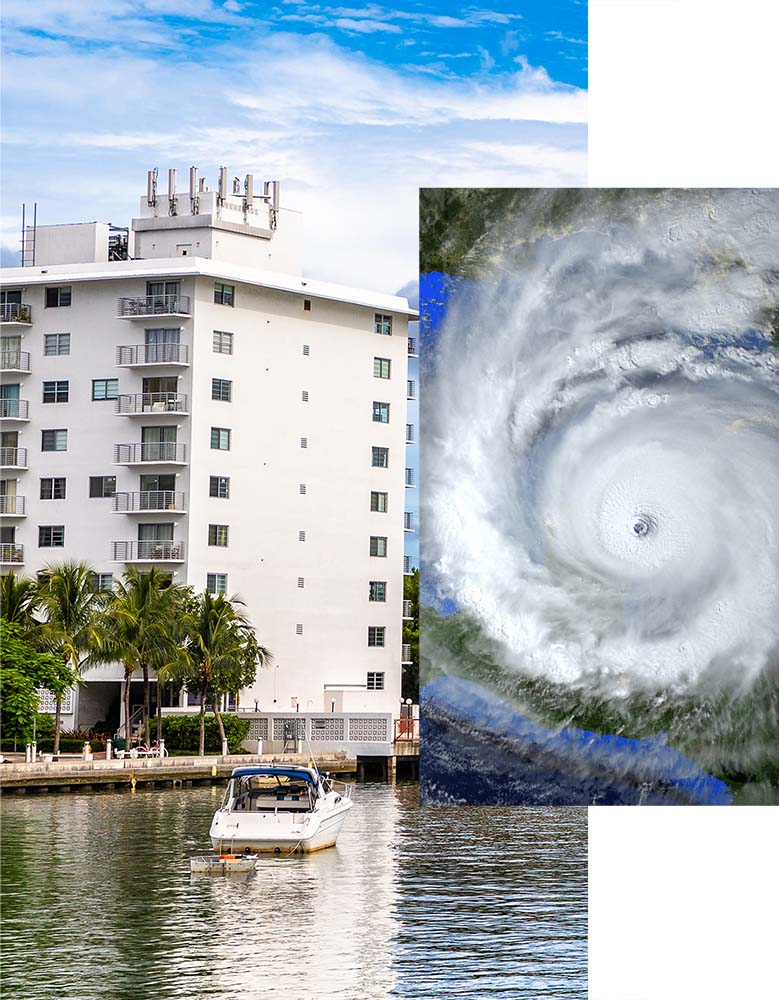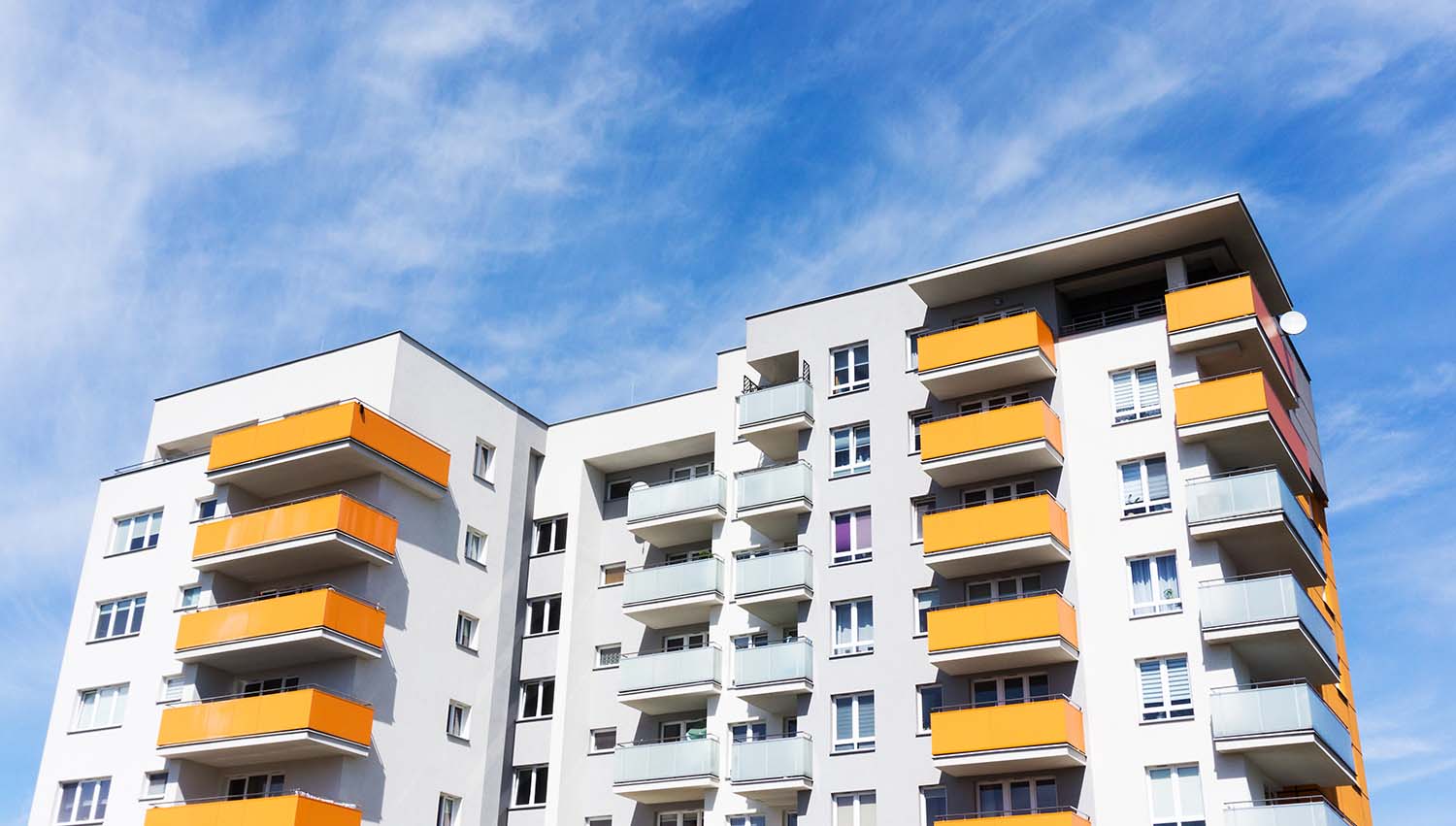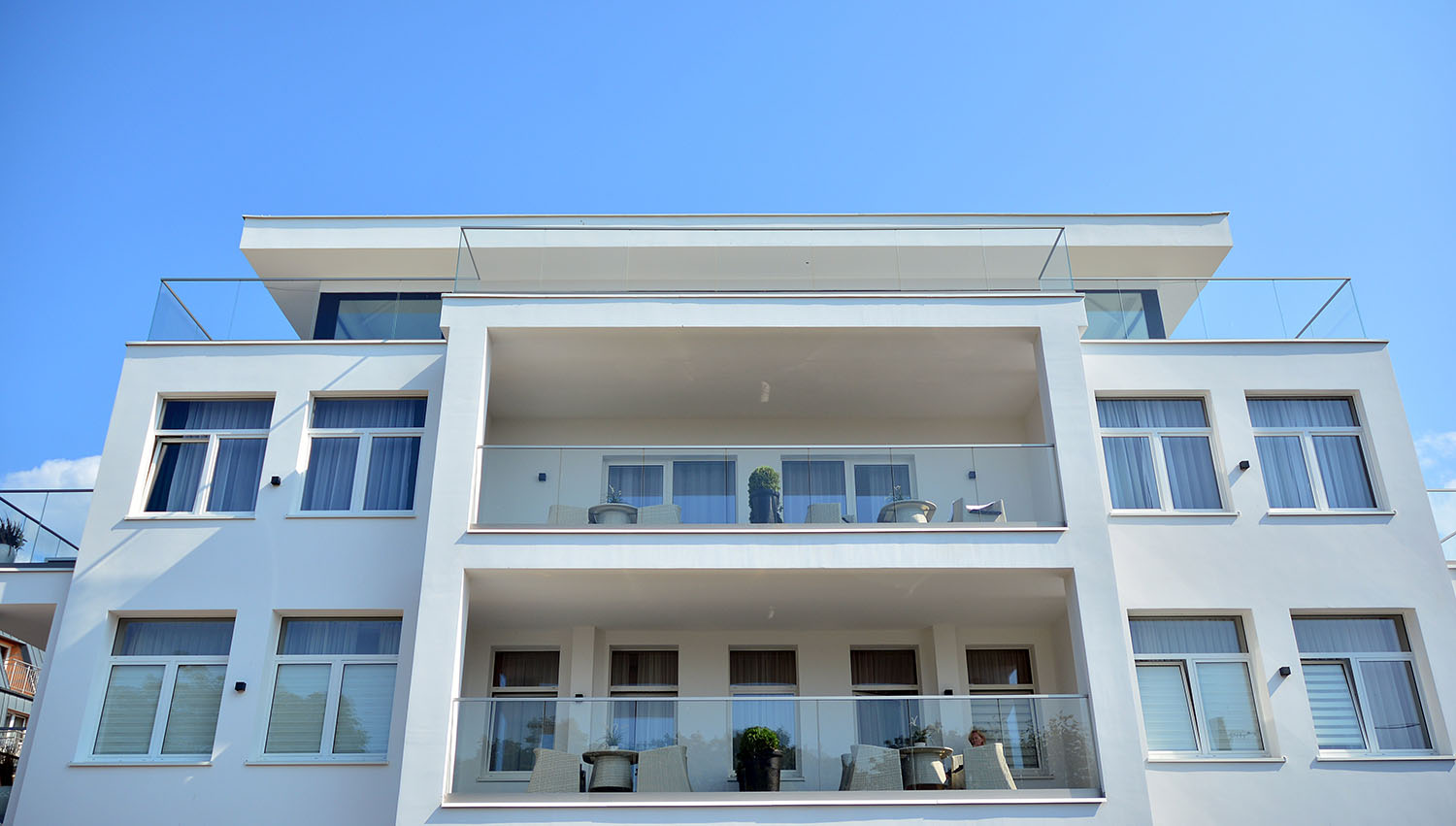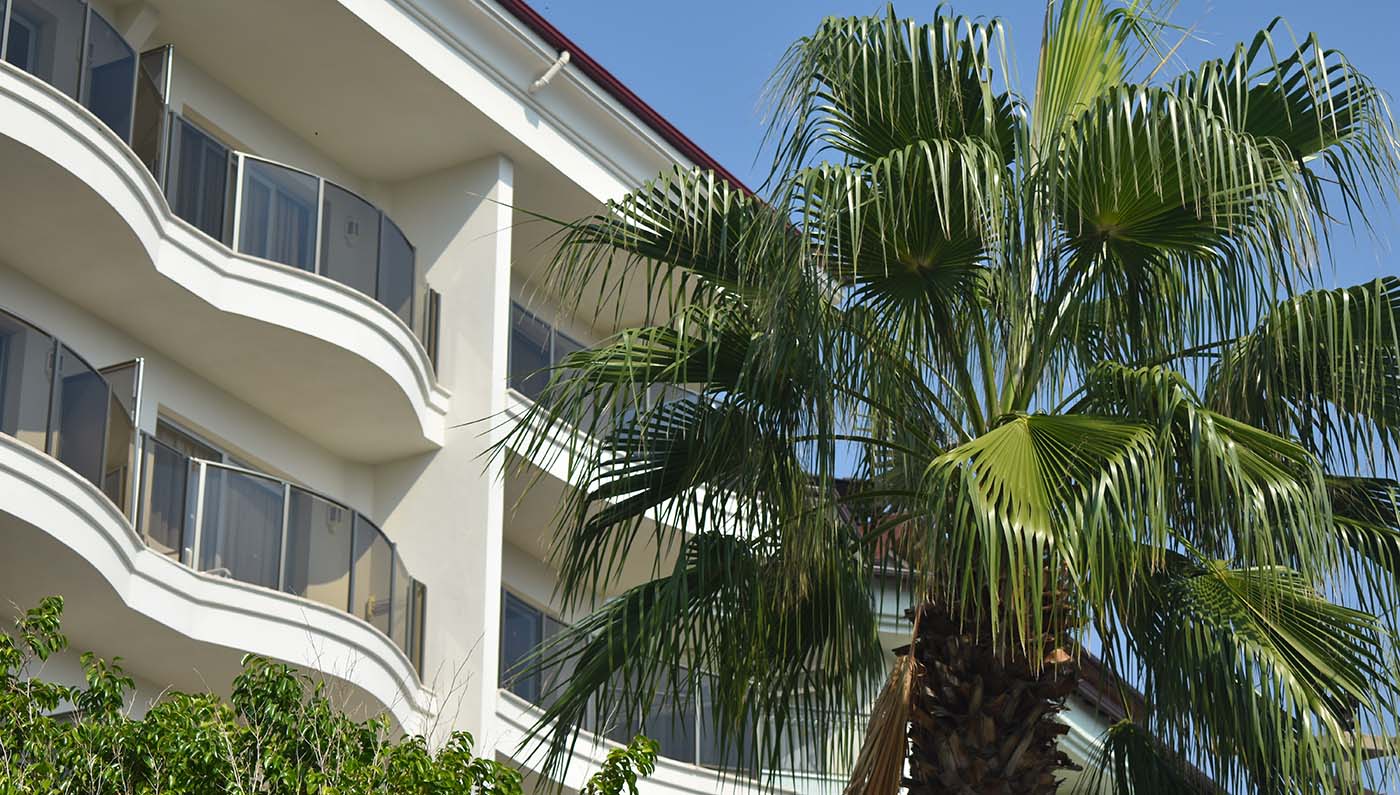
About the Pilot Program
The My Safe Florida Condo Pilot Program was enacted during the 2024 Legislative Session. It provides eligible condominium associations with resources to strengthen their properties against hurricane winds.
Through free inspections and grant funding, the pilot program supports wind mitigation improvements.
The Pilot Program strengthens properties against hurricane damage and potentially lowers insurance premiums.
Stay Informed About the My Safe Florida Condo Pilot Program
How the Pilot Program Works
My Safe Florida Condo is a pilot program, meaning future funding opportunities depend on participant feedback and results.
Apply today!
Frequently Asked Questions
Additional Resources
Please refer to the following links for additional program information and resources.
Department of Financial Services | 200 East Gaines St. Tallahassee, FL 32399-0317 | 1-877-891-0012
For regular inquiries please email us at mysafeflcondo@tidalbasingroup.com
Stay informed by signing up for updates and the latest announcements here.
DISCLAIMER
The My Safe Florida Condominium Pilot Program (DFS) is not responsible for work performed by the certified independent Florida contractors selected by the grantee/condominium association. My Safe Florida Condominium Pilot Program does not provide any warranties or guarantees, express or implied, regarding the work performed by grantee selected contractors. Any disputes regarding work performed by contractors must be resolved between the condominium association and the contractor. By participating in the My Safe Florida Condominium Pilot Program, the condominium association/grant recipient agrees to hold My Safe Florida Condominium Pilot Program (DFS) harmless and release the program from any and all liability related to the work of the contractors they select for project(s). Applicants must not begin construction until their Grant Application is approved. Doing so may jeopardize their eligibility for the Program.










